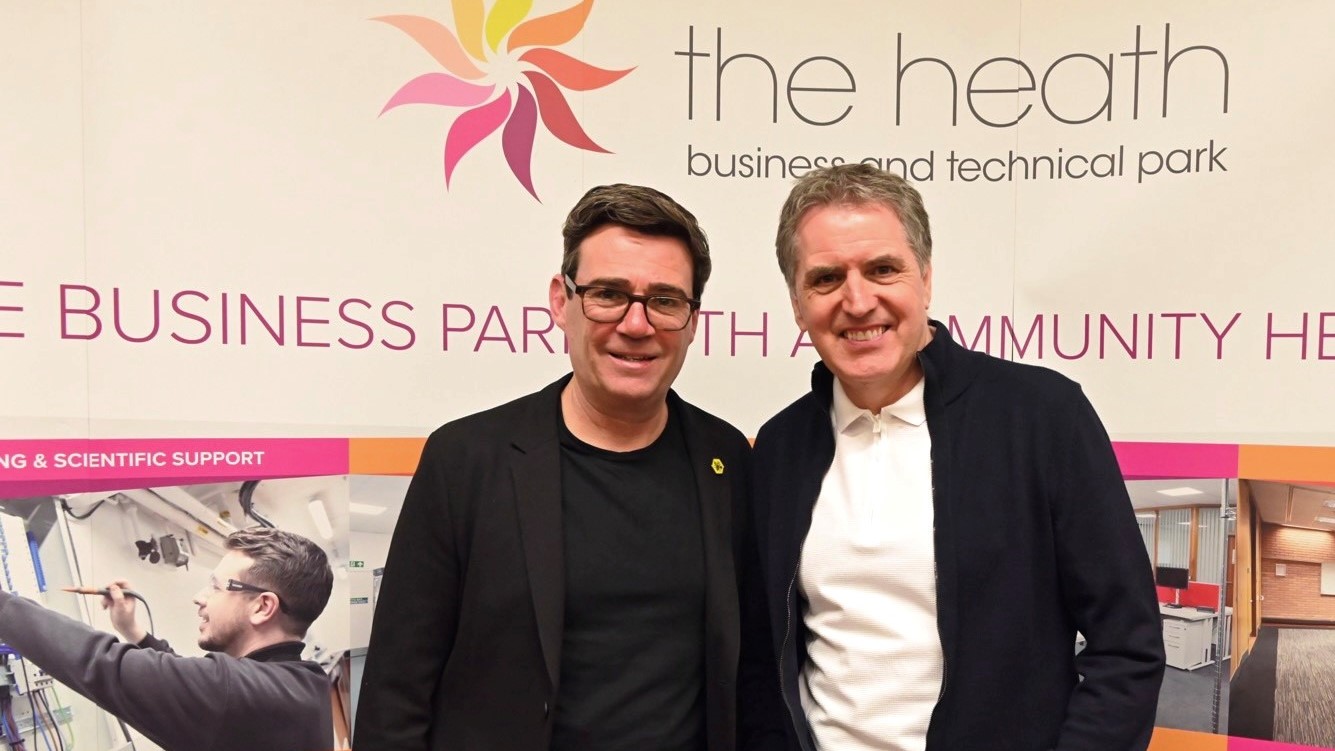Brain gym technique developed by LJMU scientists to help people living with eating disorders
A new ‘brain gym’ technique developed by neuroscientists at Liverpool John Moores University is offering hope to people living with eating disorders.
The technique, which involves repairing parts of the brain with ‘mental exercise’, has already shown early promise in trials to date led by Dr Samantha Brooks, of the School of Psychology.
Now, an applied trial is due to begin with participants in Liverpool in partnership with two charities, the Liverpool-based Talking Eating Disorders and the Spider Project Addiction Rehabilitation.
Up to a dozen patients, who are living with disorders, will take part in the three-month trial.
Eating disorders such as anorexia nervosa and bulimia, are mental health conditions where you use the control of food to cope with feelings and situations that cause anxiety. They mostly affect teenagers and have rocketed by 84% between 2017 – 2022 and continue to rise.
Dr Brooks, who studies the brains of people with addictions and disorders, explained: “What we see as EDs evolve is a gradual reduction of the volume of parts of the brain including the prefrontal cortex and reward regions of the brain and this can impede a person’s perception of their health. They get stuck on track and can’t see beyond their current behaviour.
“Therefore, we are trying to repair those parts of the brain using cognitive training exercises via a series of tasks that boost memory.
“In people with eating disorders and addictions there is damage to the neural circuitry, but that damage can be repaired.”
Working with software developer Dan Davies, Dr Brooks has established an online brain gym called Curb Your Addiction.com. This takes patients through a series of levels of mental ‘training’ such as memory test and subliminal images that enhance the training effects.
The levels will now be tackled by patients under the aegis of Talking Eating Disorders and the Spider Project with LJMU closely monitoring the data and results.
Dr Brooks added: “As the participants continue with the training, it gets increasingly difficult, a bit like lifting weights at a gym. But whereas one can see muscles changes in the body after a few weeks at a gym, we can’t see brain changes so easily.
“However, our preliminary brain imaging studies have showed brain volume increases in just four weeks of progressively difficult cognitive training with curb your addiction.com.”
Mel Bowen, CEO of Wirral-based Spider Project, said: “Spider Project have always looked for new and innovative ways of tackling addiction and so we are really delighted to be part of these potentially ground-breaking trials that could hopefully assist people to find the strength and resilience to overcome addiction.”
Leigh Best, of Talking Eating Disorders, said: “Our Service Users are often desperate for support and alternative ideas to help them overcome their eating disorder, especially when conventional therapies have failed. We are delighted to collaborate with Dr Brooks and her team and are hopeful that we can learn more about these complex mental health conditions and how best to overcome them.”
LJMU is recruiting a PhD researcher to run the trials which are expected to start in the spring.




